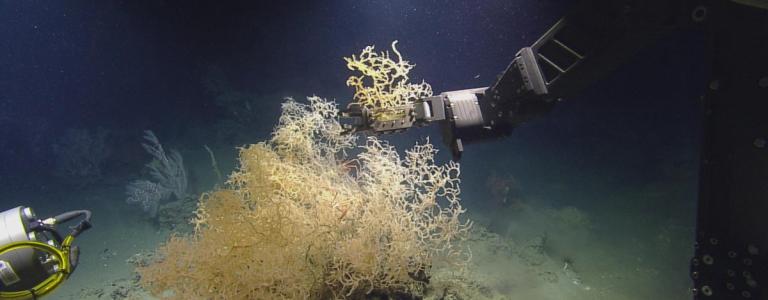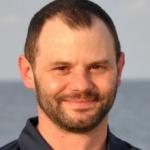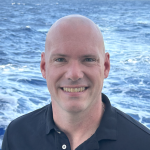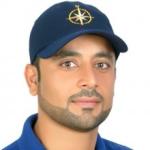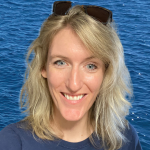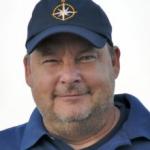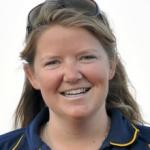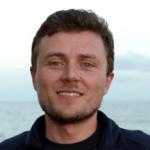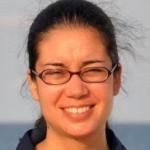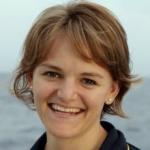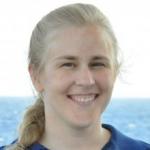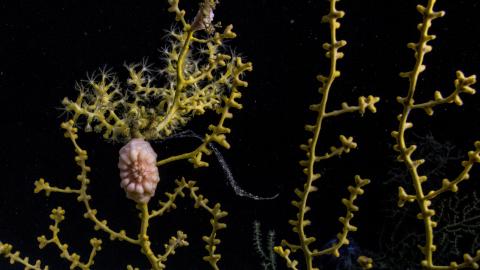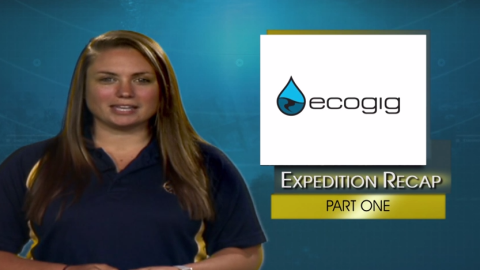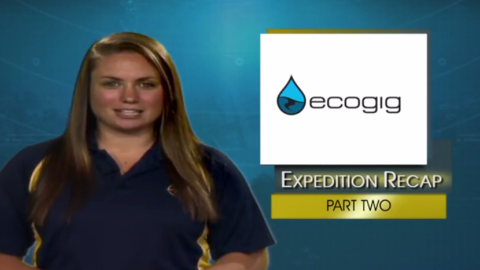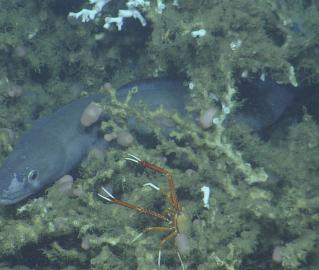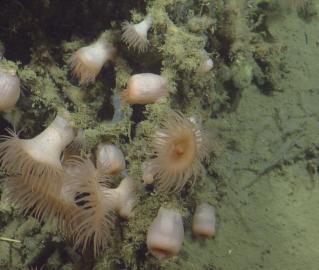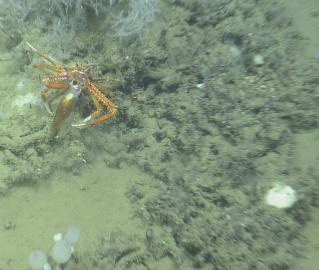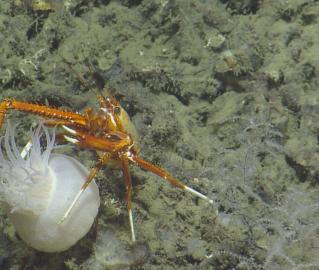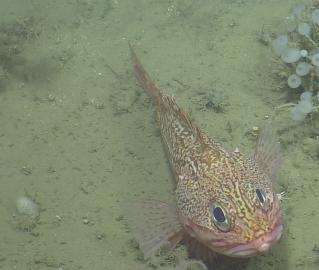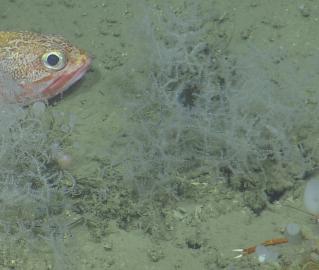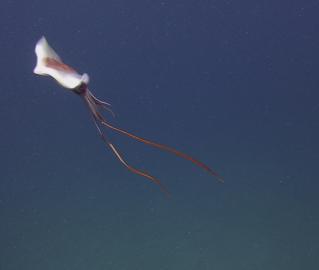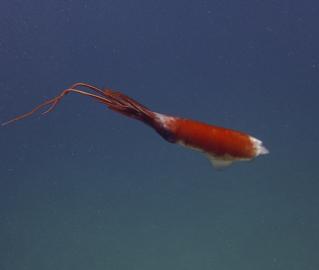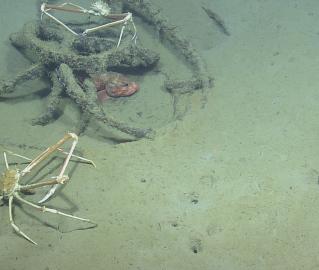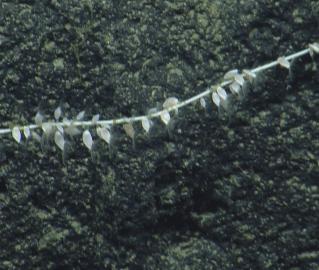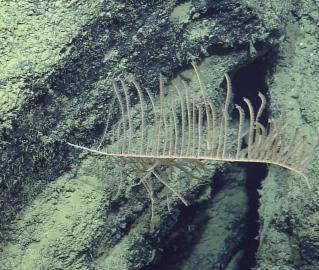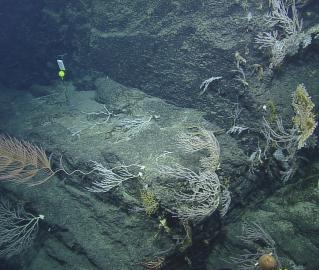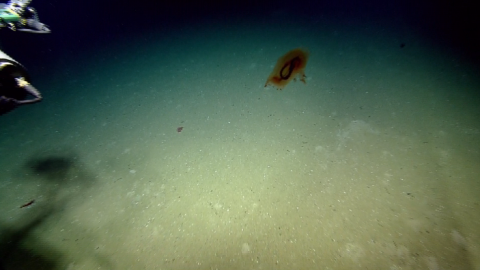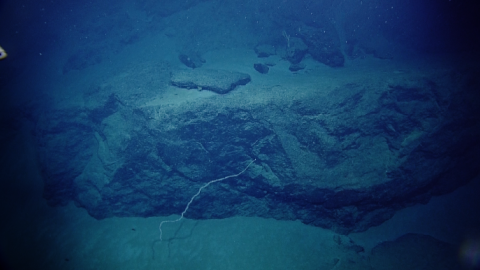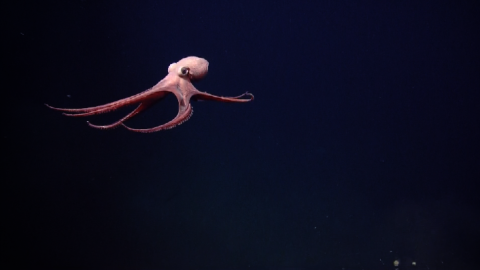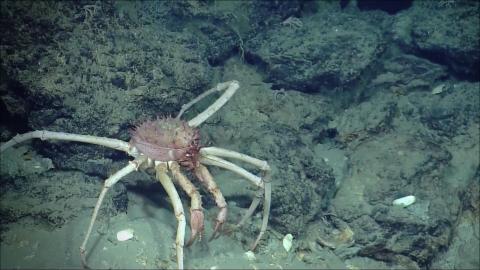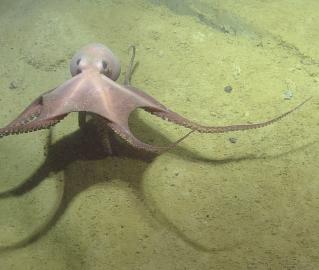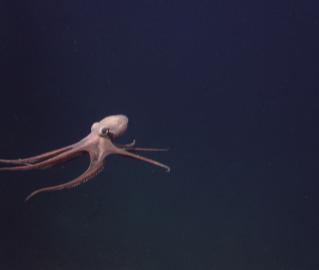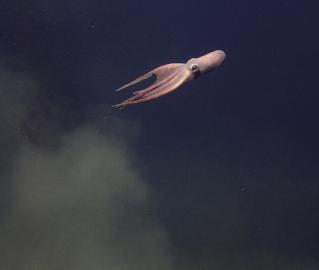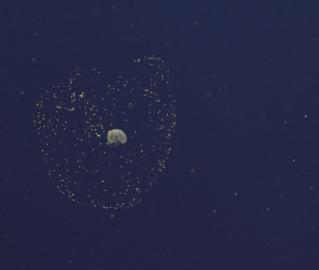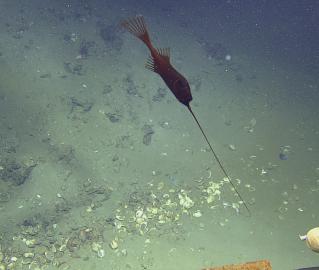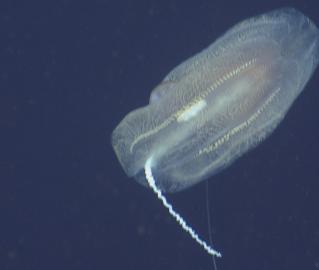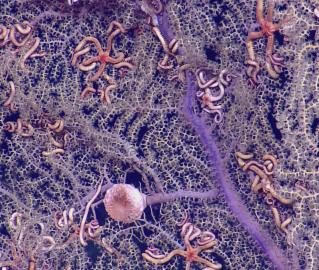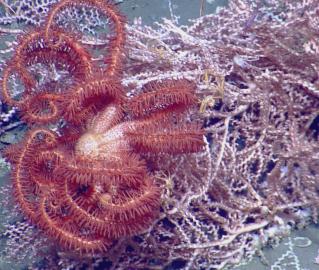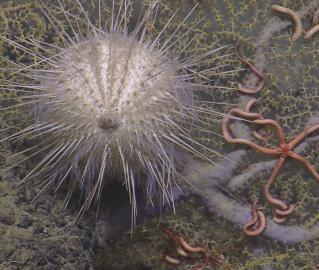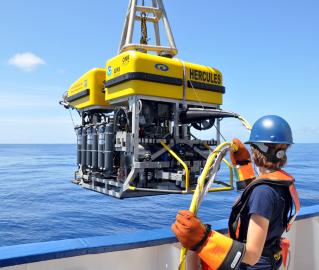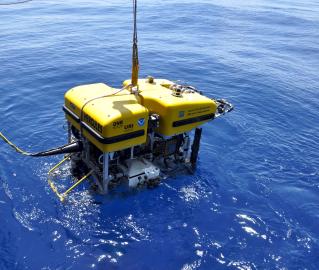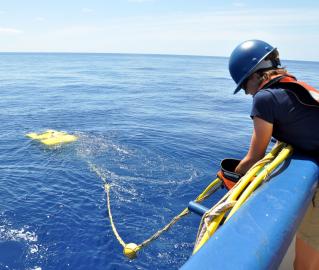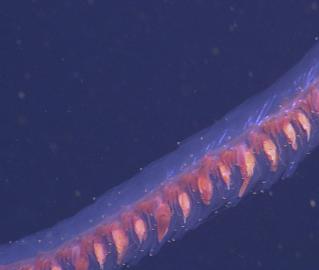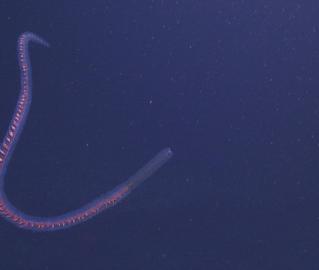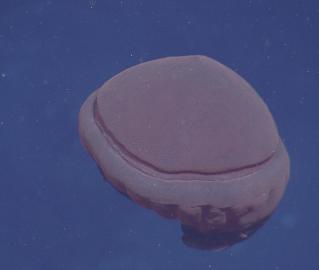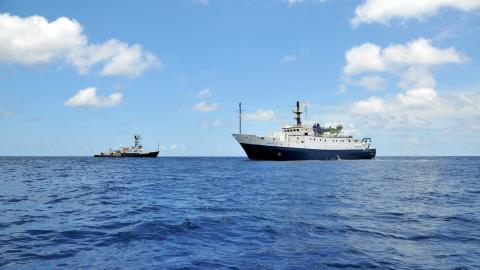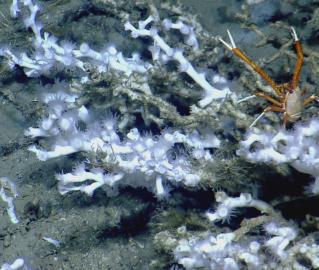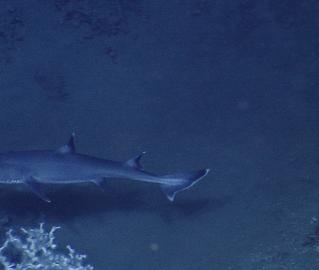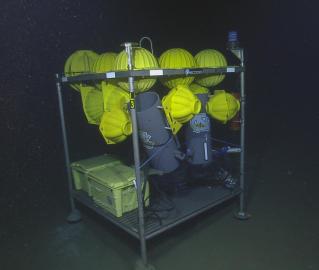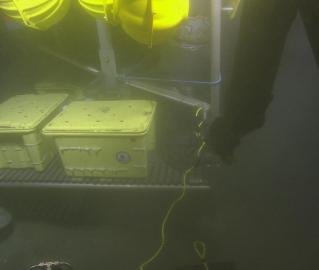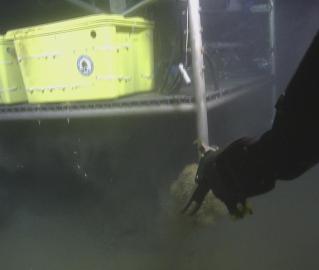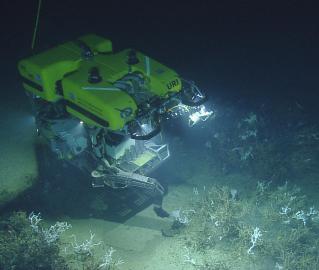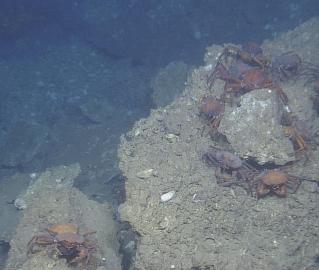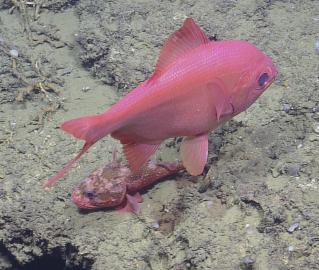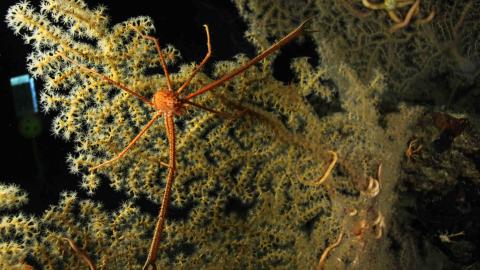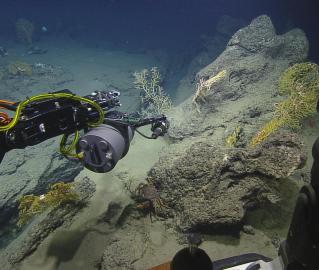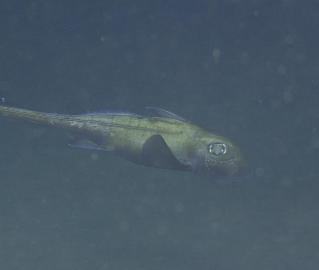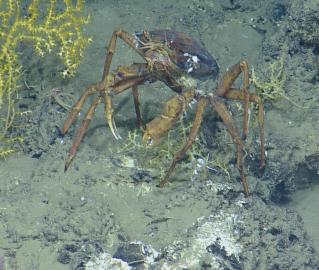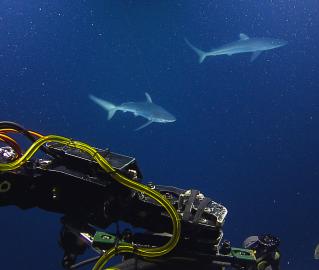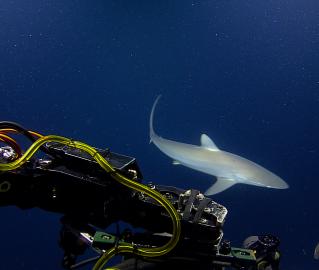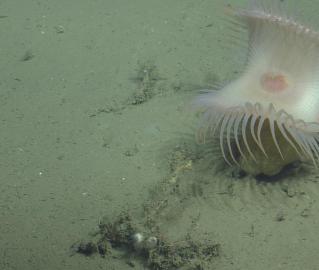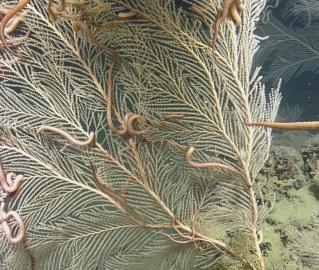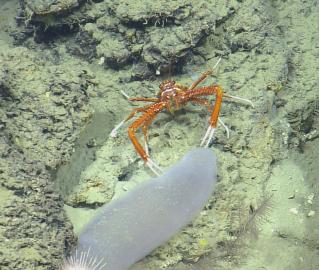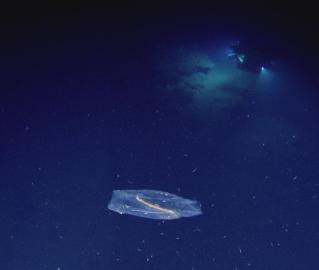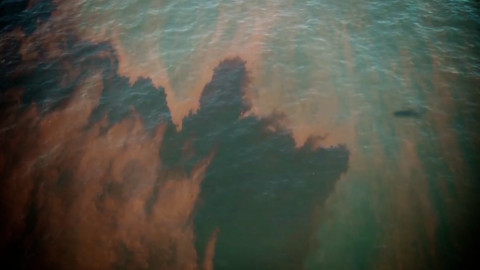The ECOGIG expedition is part of a larger research program focused on examining the ecosystem-level response to oil and gas in the Gulf of Mexico. This research group, the ECOGIG Consortium, is made up of scientists from a wide variety of disciplines studying current flow, ocean chemistry, microbial activity, deep-sea coral communities, and everything in between. The group is looking primarily at natural oil and gas seepage into the Gulf, but using these natural processes to learn more about what happened after the Deepwater Horizon oil spill of 2010. The focus of this cruise is on the deep-sea corals and their response to the oil spill, but this work will include information from all of the other groups of scientists to fully understand what is happening.
The Corps of Exploration returned to a number of sites where ECOGIG has documented impacts of the oil spill to deep-sea corals and continue monitoring of these sites. The team will take a large number of pictures of the same corals followed since the impacts were first discovered. When compared to the previous pictures, images will show how the corals are changing over time and whether they are recovering or getting worse. The expedition will examine large Lophelia coral reefs where impacts have not been seen and then move deeper to the Paramuricea sea-fan sites that include both impacted and undisturbed sites.
During the cruise, the team will collect corals from some sites and conduct experiments on samples to see responses oil and dispersant exposure. Researchers monitor their health over time and take a series of samples to examine coral’s genetic response. Usually, when an organism is exposed to a toxin, it begins to make proteins that will help them deal with the effects. This research will explore whether the genes that make response proteins get turned on or off in response to oil exposure. Studies like this help researchers learn whether some corals are more resistant to oil exposure providing a tool to use in the future to determine if a coral has been exposed to a toxin in its environment, even after the toxin is long gone.
Another key goal of the ECOGIG cruise is to collect sediment samples to look at the biological communities in the mud near healthy coral communities and near natural oil seeps. Push cores taken by the ROV and brought to the surface will be processed to pick out and identify all animals. Bacteria and other microbes living in the sediments will also be examined.
This expedition is unique as scientists will not only be on E/V Nautilus but also on RV Endeavor. Endeavor, a ship managed by the University of Rhode Island, will collect water samples above study sites and take core samples of mud around the edges of the sites. Samples will characterize the habitats and the natural oil and gas inputs into the ecosystem. Dual ship operations take a lot of coordination but working together, scientists will get a much more complete picture of the system than one ship would have alone.
